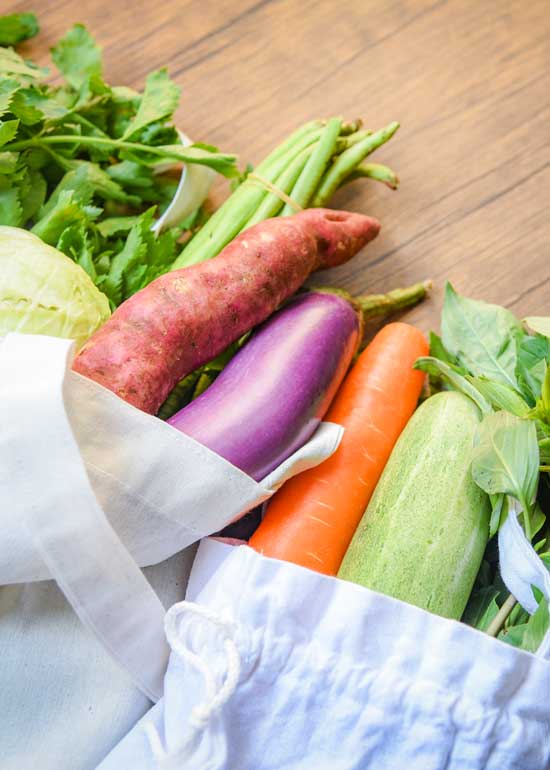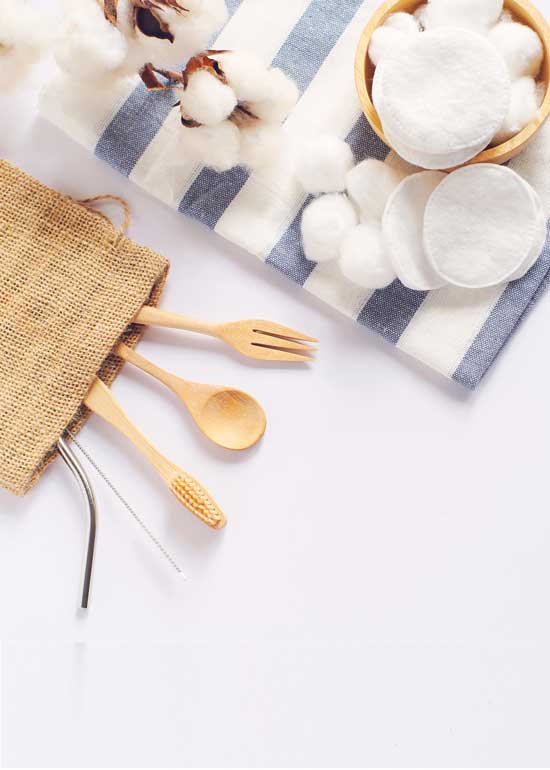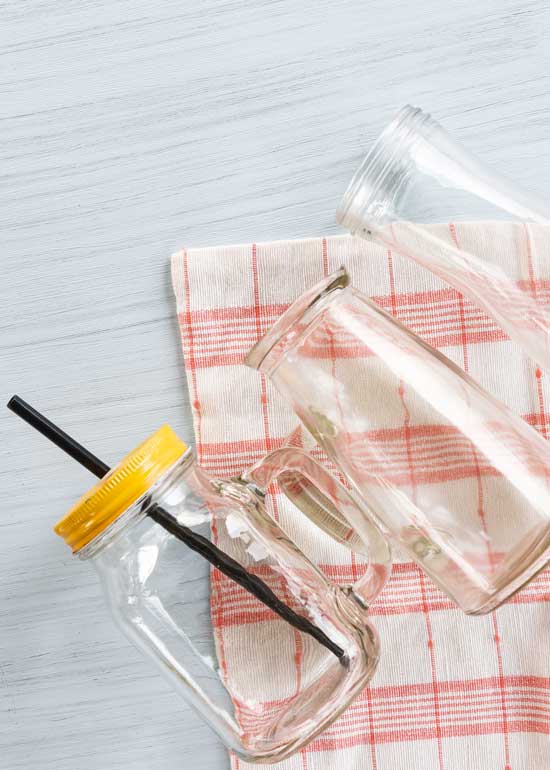Trash is one of the biggest problems facing the world today with landfills releasing alarming volumes of toxic greenhouse gases. By adopting a zero waste lifestyle, not only will you reduce your carbon footprint but also discover the joys of living sustainably. Here are three ways to start building a zero waste lifestyle.


REFLECT & REDUCE The first step is to consume less! With so many retail stores and e-shopping websites out there these days, it’s always ‘sale’ season! Our consumption oriented ecosystem makes it all too easy to buy things we don’t need, which eventually end up in the garbage bin.
To cultivate a more mindful shopping habit, don’t buy an item the moment you see it. Instead, pause and ask yourself: Do I need it? Will I use it? Do I already have something like it?
Resist the urge to buy immediately. Come back to it a day or two later – because you might be surprised to find that you feel quite differently about buying it.


REDESIGN & REPURPOSE Living a more eco-friendly lifestyle requires you to flex your creative thinking. Using what you already have around the house allows you to consume less and minimise waste at the same time.
You know those glass jars that contain pickles, olives and pasta sauce? Once empty, they make great storage containers for anything and everything from nuts and seeds, to cotton balls, beads, ribbons…
Good quality spirits bottles can be repurposed as water bottles or vases. Old bed sheets can be cut to various sizes and used to line wardrobe shelves, wrap delicate garments or as cleaning rags. With a quick visit to the neighbourhood tailor, they can even be turned into laundry or shoe bags.


REVIEW & REUSE When it comes to overburdened landfills, the biggest culprit is definitely single-use plastic. Experts recommend doing a trash audit of your home for one week and identifying where there’s waste.
For most people, it tends to be plastic water bottles, bags and packaging. Swapping these for more durable alternatives is one of the easiest ways to reduce your garbage output.
Invest in washable cloth grocery bags and a reusable water bottle made of stainless steel, glass or even high quality plastic. Plastic food wrap and sealable bags can be replaced with beeswax wrap, foil, cloth bags or airtight glass containers.
Pallavi Pinakin is an entrepreneur who loves to travel and discover new paths to health, happiness and sustainability.

















Leave a Reply
View Comments